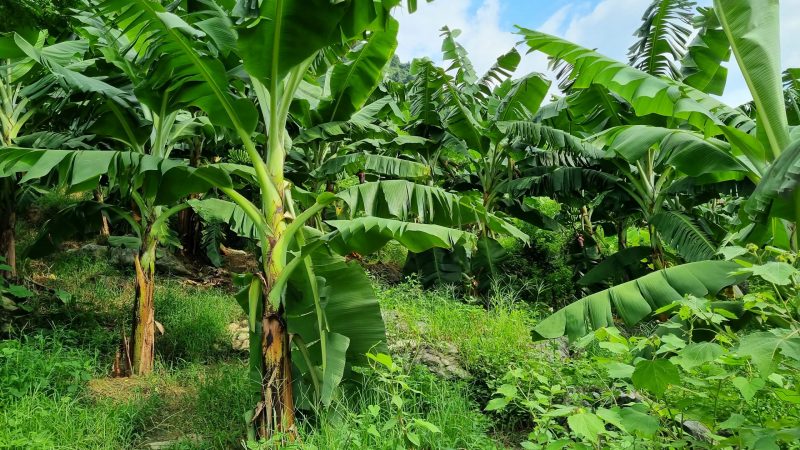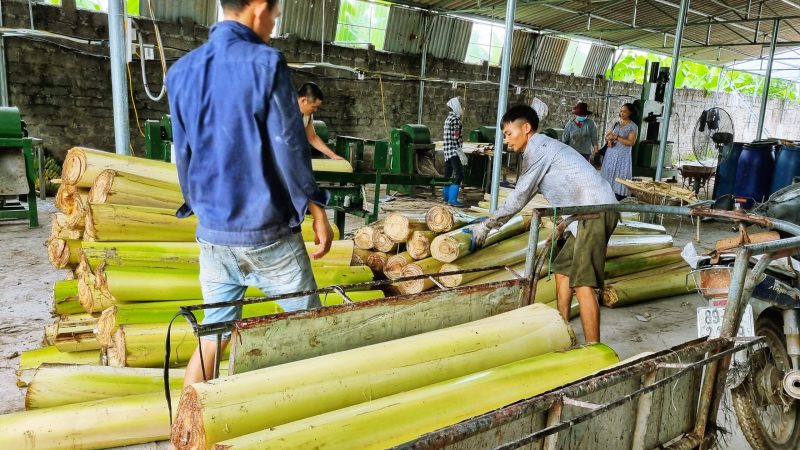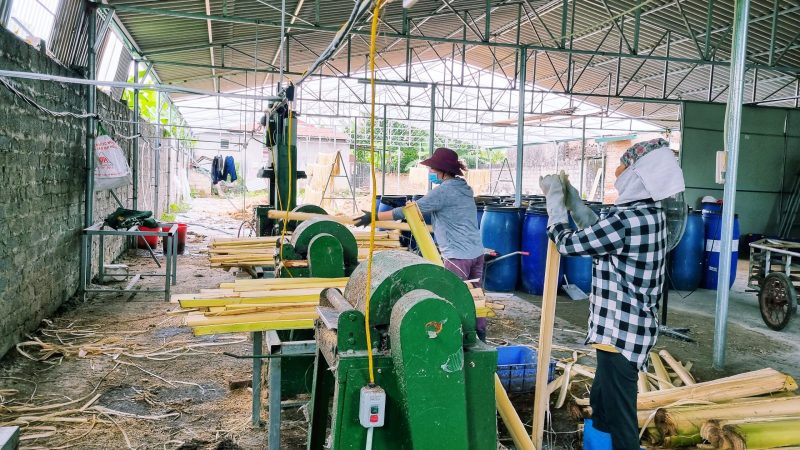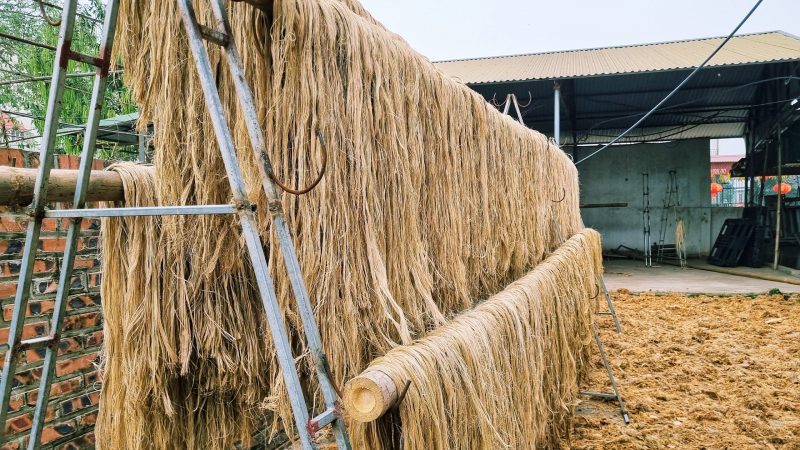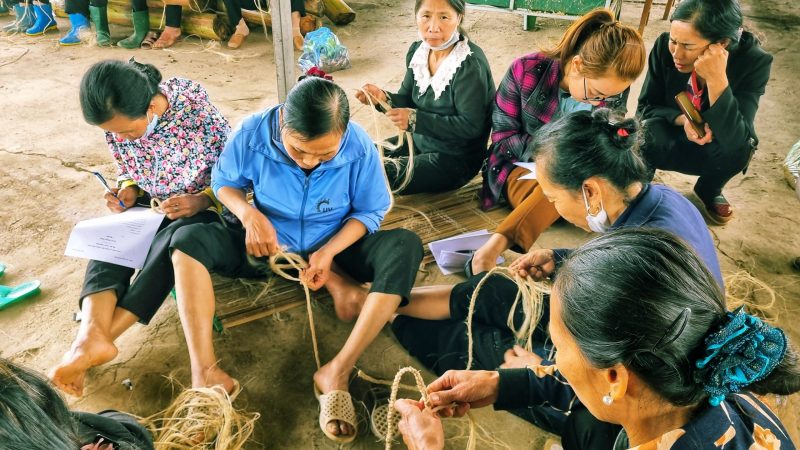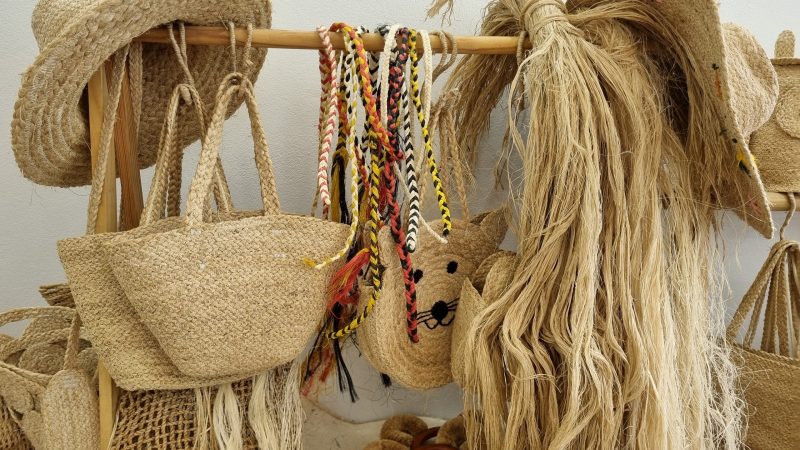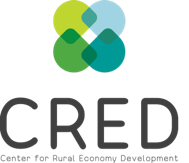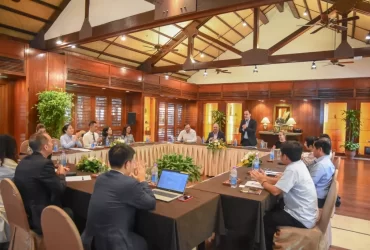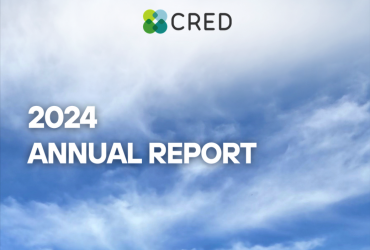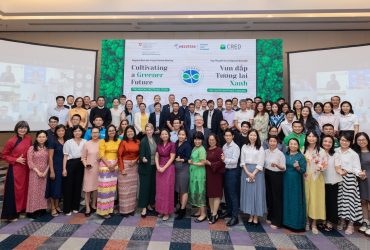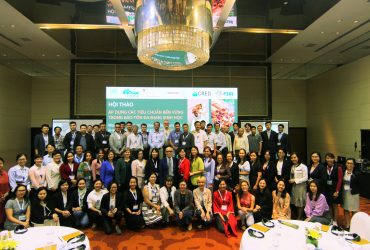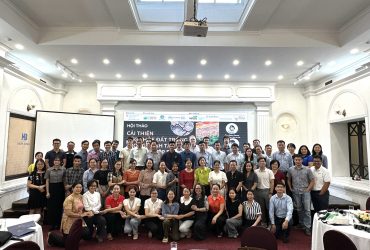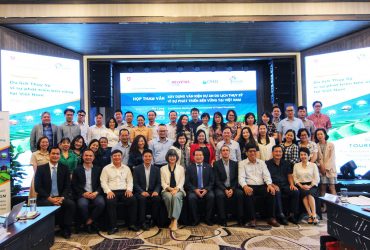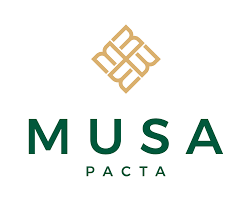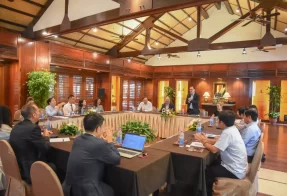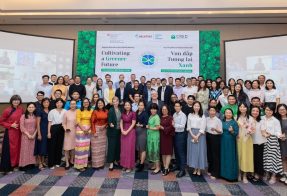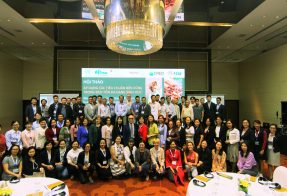Banana fibers – Economic opportunities – Solutions for the environment
PERIOD: 2022-2023
INTRODUCTION
“Banana fibers – Economic opportunities – Solutions for the environment” (BFES) project is co-sponsored by the Federal Ministry for Economic Cooperation and Development (BMZ) and Helvetas Intercooperation gGmbH (Helvetas Germany); implemented by the Center for Rural Economy Development in 03 localities of Tam Nong (Phu Tho), Muong La (Son La) and Bao Thang (Lao Cai) districts, contributing to improve the livelihoods of banana farmers and reducing environmental pollution caused by agricultural waste in the remote areas of the North of Vietnam.
KEY PARTNERS
- Banana Cooperatives in project’s locals
- Musa Pacta One Member Co., Ltd
- Green Musa Fiber Co., Ltd
- People Committees of levels of Bao Thang, Tam Nong, Muong La
OBJECTIVES
- 1450 community members in the target regions are qualified to participate in the production process of banana fibre and derived products and secure a higher, stable income.
- Forming 03 cooperatives for banana fiber production in Bao Thang district (Lao Cai), Tam Nong district (Phu Tho) and Muong La district (Son La).
- Cooperatives are improved their capacity and then operated professionally and effectively.
APPROACH
- Develop a fair value chain approach, which builds business linkages between farmers and enterprises.
- Skill and knowledge development relating to the preliminary treatment, processing of banana fiber and handicraft products.
- Cooperative leaders are trained inbusiness and negotiation skills as well as product development and business relationship building to work and negotiate with companies in the banana fibre industry.
KEY EXPECTED RESULTS
- The banana fibre model is implemented in 3 participating cooperatives which are technically equipped with skills and knowledge to create more jobs, pass on knowledge of production and sale of banana fiber and handicraft products suitable to the international market.
- 1,000 banana farmers (of which at least 70% belong to an ethnic minority) are successfully trained to prepare banana trunks as raw material instead of disposing of them after the banana harvest and sell them to cooperatives, providing a reliable source of additional income of at least VND 20 million per hectare per year.
- New permanent jobs have been created for 450 local people with average incomes of 5 millions VND/month for the fulltime job and 2 million VND/month for the part-time job.
- 3 sets of training materials on banana stem preparation (1), yarn production (1) and banana fibre handicraft production (1) are designed and printed in an easy-to-read format.
- 150 local politicians in the target regions are empowered by successes and lessons learned from the project and are willing to enable other cooperatives to implement the business model within the framework of replication programs.
- 2,250 tones of banana waste from 1,500 hectares of banana will be recycled to https://www.traditionrolex.com/15new and valueable products under the project support
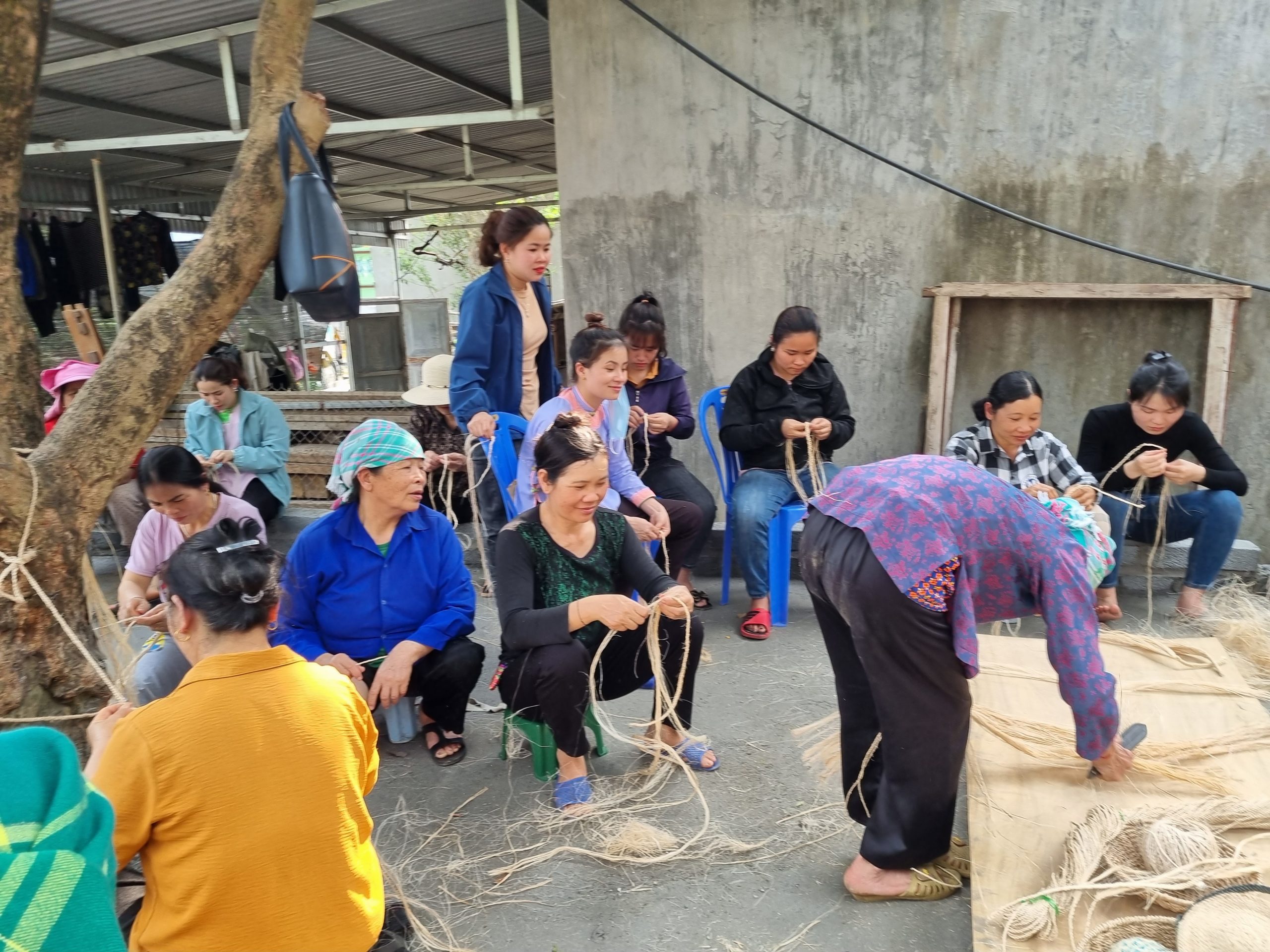 |
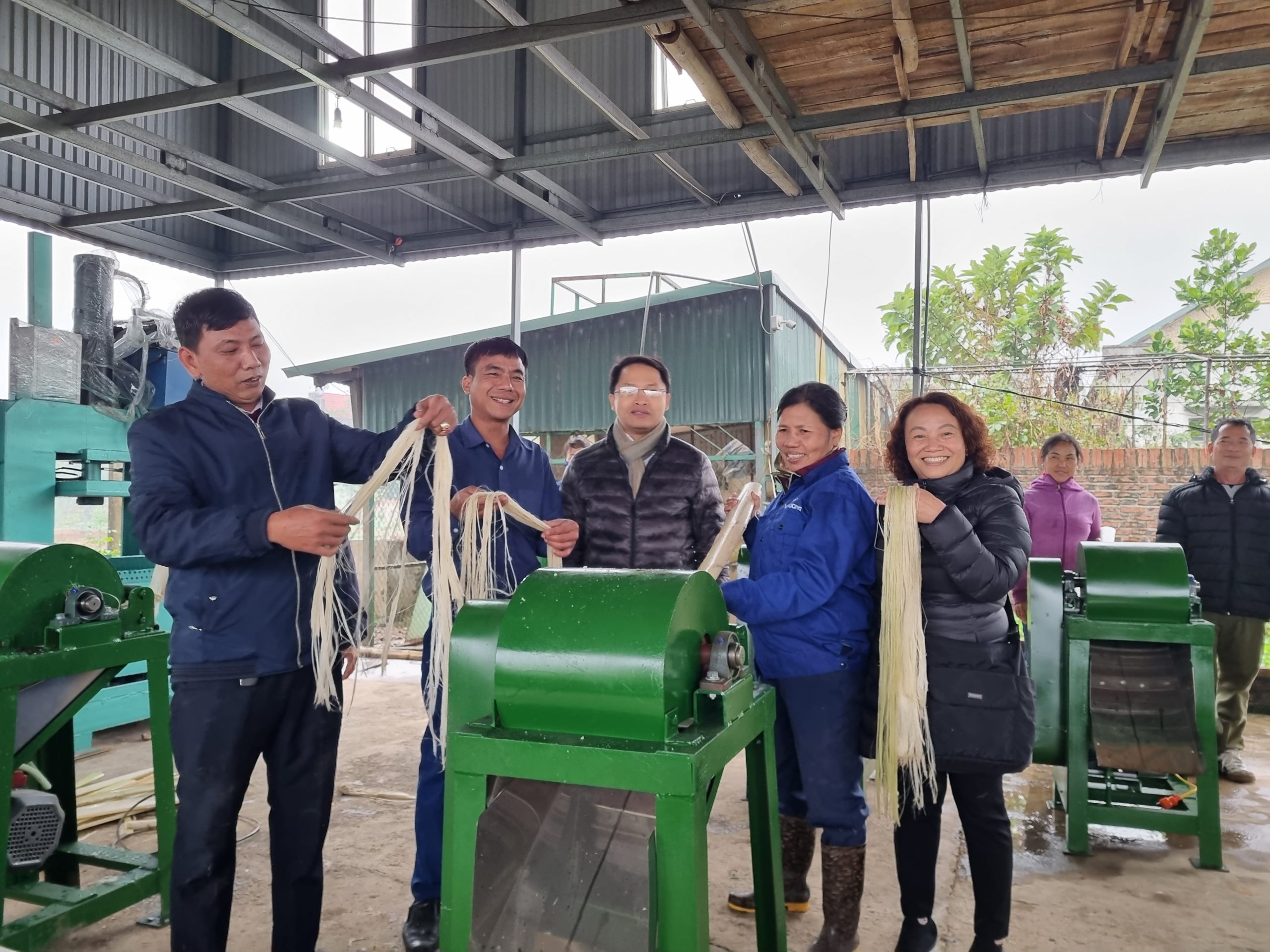 |
FUNDED BY
|
IMPLEMENTED BY
|




